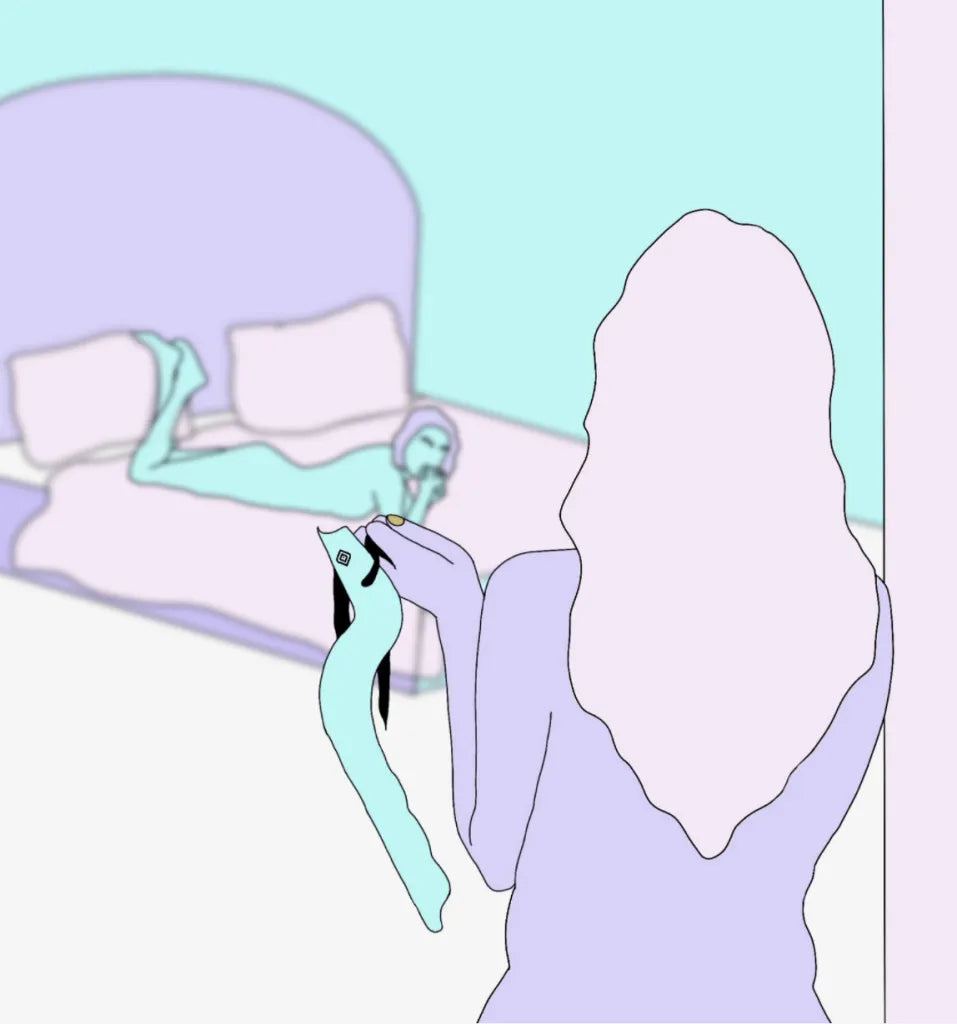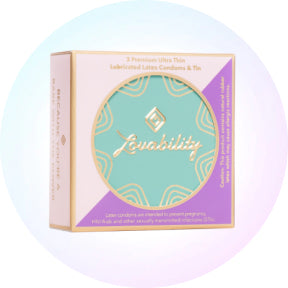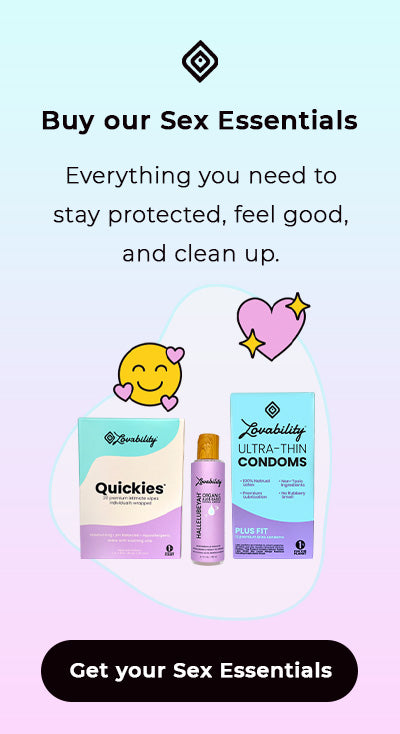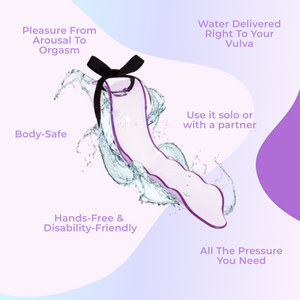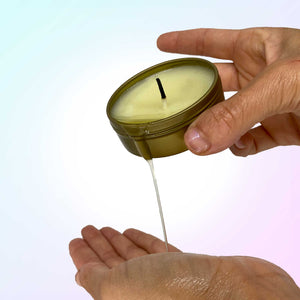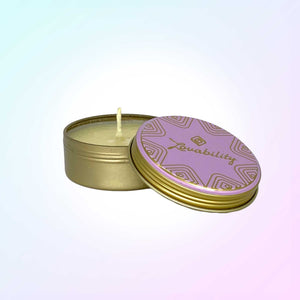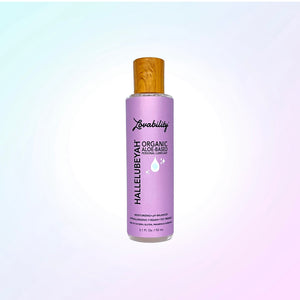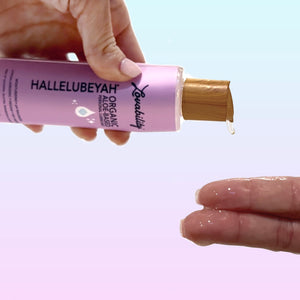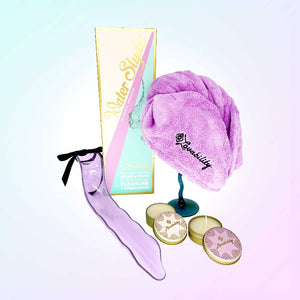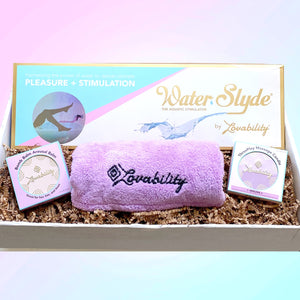What's the best way to answer the question, "How do condoms prevent herpes?" While it's true that many STIs, including HIV, are transmitted through sexual contact, there are other ways to become infected too. For example, people who have unprotected sex with multiple partners or regularly engage in numerous sex acts are at much higher risk of contracting STIs.
Can you get herpes if you use a condom? Can you still get sores from using them? Can you sleep with someone infected with HPV and not get it? In this article, we'll answer these questions and more - it may surprise you!
Can you get herpes even if you only have one outbreak?
If your first outbreak doesn't produce any visible symptoms, you're probably safe - after all, your body isn't used to having such symptoms. However, if your first outbreak produces symptoms such as fever, mouth sores or swollen glands, you could be at risk. Unfortunately, the virus is exceptionally contagious in the early stages of an outbreak; about 80% of herpes patients experience at least one attack before the virus is cured.
Can you spread Herpes through sexual activity?
It's not entirely clear how the virus will pass between people once you've had an initial outbreak. Most experts agree that the virus will be shed in tiny amounts in semen and blood, and these small amounts are picked up during sexual intercourse. However, some herpes patients seem to be able to transmit the virus more quickly - it’s possible they can give someone the virus without having an actual outbreak themselves.
Can you get STD testing done on yourself without a prescription?
You can get STD testing done on yourself (or a partner) without a prescription. Many people have routine STD annual screening and if you haven’t had this, your local doctor can arrange it for you. If you have any questions about whether you need to get tested or what kind of screening you need, talk to your local health department.
Can you have oral sex without condoms?
It's possible to engage in oral sex without using condoms, but it’s best to wear one because the mouth can be very susceptible to bacteria. Furthermore, since the mouth is a common area for transmission, using condoms is probably the best way to limit your contracting of herpes. Using a condom is the best way to protect against infection, regardless of the type of sex.
Why do condoms protect against Herpes?
Herpes is a highly contagious STD that is caught through sexual contact. This means that all types of sexually transmitted diseases can be passed back and forth during sexual contact. This is why it is essential to ensure that you don't get any sexually transmitted infections. Only less than one percent of all sexually active people do not have any outbreak within six months.
Can you sleep with someone without using a condom?
Yes, you absolutely can. However, you do run the risk of getting infected if your partner does have an infection. The incubation period for many of the STDs is around a year, while their prevalence rate in the population is much higher nowadays. Therefore, it’s best to use some protection when you sleep with a partner.
How can I ensure that I don't give Herpes to anyone?
Do not panic if you discover you have Herpes. There are several ways to prevent it from spreading to your partner and other parts of the body.
- Use condoms and dental dams when you are having oral, anal, and vaginal sexual relations.
- Talk to your doctor about using herpes medication daily. This can reduce your chances of having a herpes outbreak.
- Even if you have a condom, don't have sexual contact with anyone during a herpes outbreak. You might have sores in places that the condom does not cover.
- You can learn how to recognize signs of an attack and stop having sex when you see them. A burning, itching, or tingling sensation may signal that you are about to get sores.
- You shouldn't have sex with anyone until your sores are entirely gone, and the scabs have healed and fallen off.
- You should not touch herpes sores as you could spread the infection to other areas of your body and other people. Wash your hands immediately after handling the Herpes sore with soap and water.
- Avoid spitting on contact lenses as this could spread the oral herpes virus to your eye.
- Do not kiss anyone if you have a cold sore, especially children or pregnant women.
- Tell your partners that you have had Herpes before they have sex. This will allow you to work together to stop it from spreading. It can be challenging to tell someone that you have an STD. However, Herpes is very common and does not cause serious health issues. Please don't be embarrassed or stressed about it.
There are two major types of Herpes
HSV-1 is the strain that causes cold symptoms. Although this virus is common, most people do not experience cold sore symptoms.
HSV-2 is the second most crucial herpes virus, and this strain of the herpes virus is most often associated with genital herpes. HSV-2 is almost entirely spread through sexual contact or direct genital contact, and it rarely affects the lips or mouth.
Although HSV-1 is different from HSV-2, they are both parts of the same virus family and can be treated with similar medications.
HSV-1, the strain of herpes that causes cold sores, is most commonly contracted by kissing and direct contact. HSV-1 is found in saliva and around the mouth, making it easy for your partner to get it (or pass it to you) through kissing. Also, the HSV-1 virus can spread to anyone, even if they don't have a cold sore, called viral shedding. This, combined with a large number of HSV-1-infected people, makes it easy to catch HSV-1.
Is it possible that I also have Genital Herpes?
It depends on whether your partner uses a condom every time and how long you have been involved with one another.
The risk of contracting HIV is lower if you have only had sex once or twice and use a condom every time. However, you may have been infected at any given time.
How do I know if I have genital Herpes?
Visit your doctor to get tested. A doctor might take a sample of what looks like a genital herpes blister and send it to the lab for testing.
A blood test can be used to determine your immune system has produced antibodies to the virus. HSV-2 is the second type of herpes virus, and it almost always infects genitals. HSV-1 antibodies in blood tests could indicate that you have either genital or oral Herpes. HSV-1 can cause oral Herpes, and this is because oral sex can spread to the genitals.
How can I protect myself if my partner has sex with me?
Although no method of prevention is perfect, the use of a latex condom can offer some protection. The virus is most contagious when symptoms are severe. Your partner should inform you. If your partner is experiencing symptoms, you should not have oral, vaginal or anal sex.
How can I help my partner?
It is easy to understand that genital Herpes can be expected. According to the CDC, more than one in six Americans aged 14-49 have it.
Joining a support group may help if you or your partner are upset about herpes. You might also consider couple's therapy if you feel that genital herpes may be affecting your relationship.
Can I date someone with Herpes?
It's okay to have sex between herpes outbreaks as long as your partner is open to the possibility of contracting it. Oral sex can be performed on your partner if you do not have any herpes sores. But again, remember that using a condom protects your partner.
Do you feel comfortable cuddling with someone with Herpes?
This includes oral sex, kissing, and contact with the anus or genitals. You cannot get genital Herpes from sharing cups, towels, or toilet seats. Your partner can still be in your bed and kiss, cuddle or cuddle you, and you won't get herpes.
Is oral Herpes an STD or a symptom of it?
HSV-1 doesn't count as an STD. However, it is possible to contract the virus by sex. HSV-1 can be transmitted to you through oral sex, and oral sex can lead to genital Herpes, not cold sores.
More Articles You Might Love
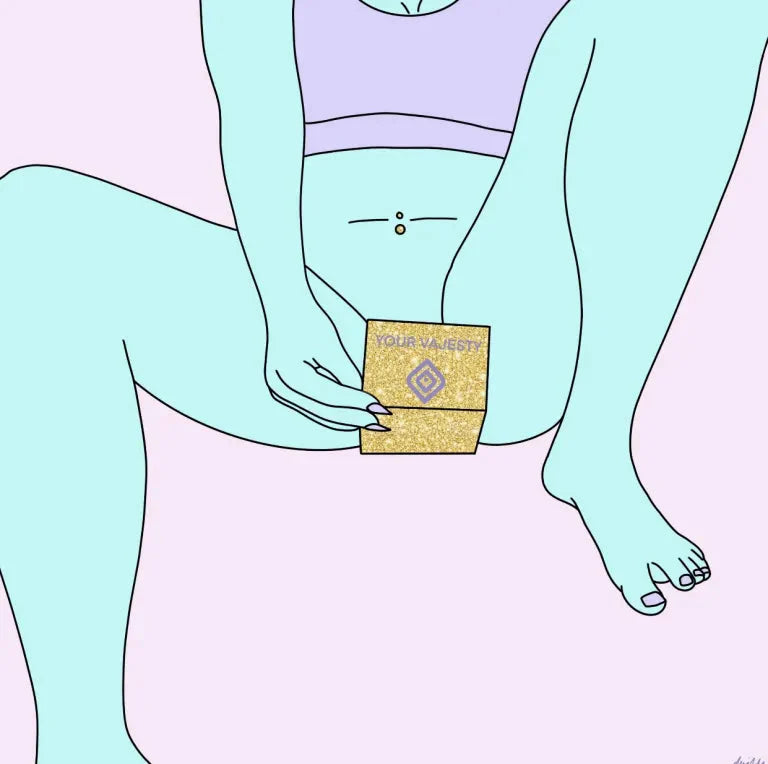
Get To Know Your Vulva
